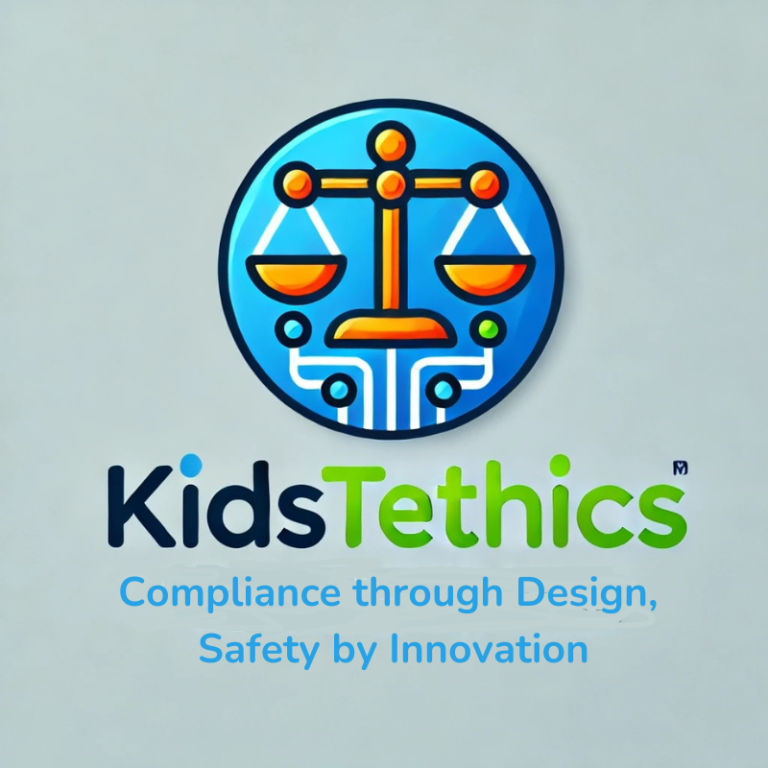Learn How the AI Ethics Committee and Child-Centric DPIA are Used to Mitigate Your Risks.
Safeguarding Vulnerable Populations in the Age of AI: A CEO’s Guide to Children.
The rise of AI presents exciting promise but also brings perils, especially regarding children. As a C-Suite executive or Board member building an AAA (Artificial Intelligence, Algorithmic, and Autonomous) System, you understand the immense potential of this technology. But you also acknowledge the responsibility and ethical questions to protect people, especially children’s data and well-being.
An effective AAA Systems Ethics Committee serves as your competitive advantage (At least until businesses are mandated) in navigating this complex landscape. This committee, composed of experts and often non-legal professionals, is well-versed in children’s rights and AI ethics, and it plays a crucial role in ensuring responsible AI development.
Why Child Data Protection Matters
Children are more vulnerable online. Their data is sensitive, and they may not understand the implications of its collection and use. Here are some key risks to consider:
Data breaches: A child’s data leak could lead to identity theft or cyberbullying.
- Geolocation data: Does your data contain precise location data of children?
- Algorithmic bias: Biased algorithms could unfairly disadvantage children in areas like education.
- Inappropriate content: Children might be exposed to harmful content through an AAA system’s recommendation.
- Data exploitation: AI could manipulate children’s behavior through targeted advertising or recommendations.
- Training LLM’s: Ensure your LLM’s are trained with children’s data and properly documented for traceability.
The Role of Your Ethics Committee
Your ethics committee can mitigate these risks through various initiatives:
- Data Oversight: They advocate for collecting minimal data, accounting for the Best Interests of the Child, strong security measures, and clear parental consent processes.
- Ethical AI Development: They identify and address biases in algorithms and ensure transparency in decision-making.
- Education and Awareness: They educate developers on child data ethics and raise public awareness of the impact of AI on children.
The Child-Centric DPIA: A Powerful Tool
A Child-Centric Data Protection Impact Assessment (DPIA) is a key tool for your ethics committee. It systematically assesses an AAA system’s impact on children. Here’s what a DPIA should cover:
- Product Purpose: Explain who the target audience is (including children).
- Assessment: Is your AAA system likely to be accessed by children?
- Data Use: Describe what data is collected from children and how it’s used.
- Best Interests of the Child: Consider potential harms and ensure the product doesn’t discriminate or exploit children.
- Mitigation Strategies: Outline measures to address identified risks.
- Conclusion: Determine if the product aligns with the best interests of the child.
Beyond Legal Compliance: Building Trust
By embracing and prioritizing the demands and business opportunities inherent in AI Ethics and Age-Appropriate Design Governance principles, your company cultivates trust through transparency and accountability.” This not only mitigates reputational risks but also positions AAA Systems as a leader in responsible AI. This ethical approach attracts top talent and partners who share your values.
Investing in child data protection isn’t just the right thing to do – it’s a smart business decision. By establishing a strong ethics committee and implementing a DPIA process, you ensure responsible AI development that safeguards children’s well-being. This commitment benefits children and contributes to your company’s long-term success.
